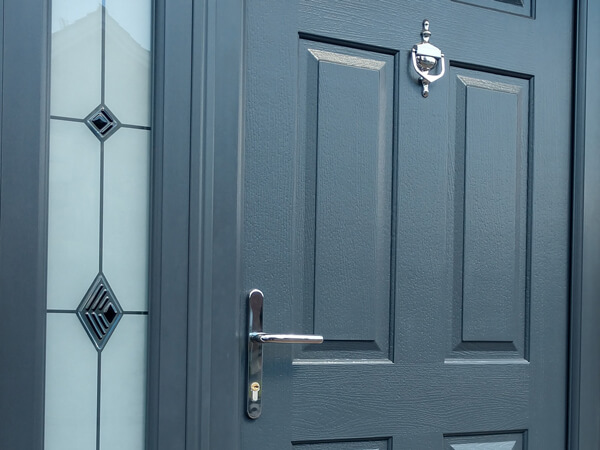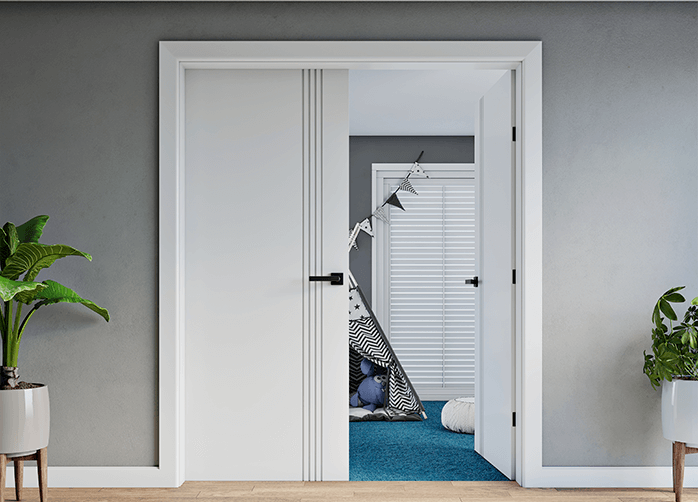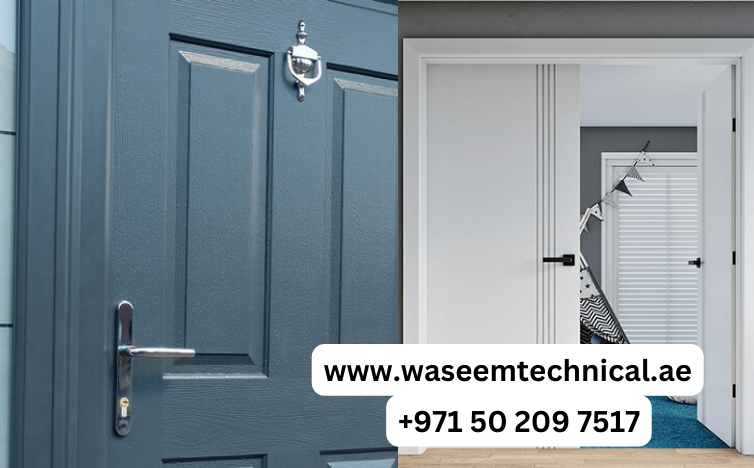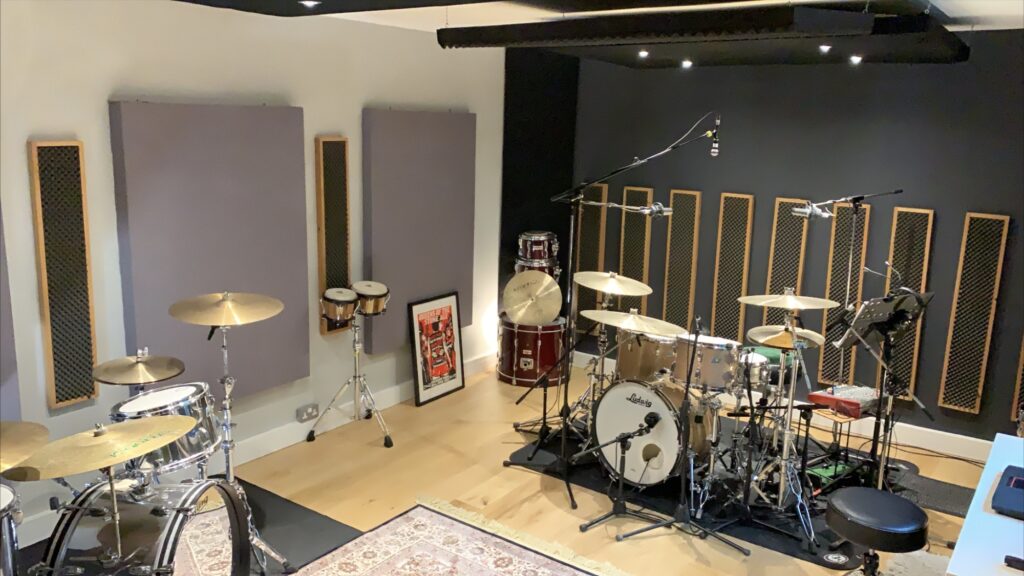When it comes to soundproofing your space, choosing the right type of door is paramount. Solid core and hollow core doors are two popular options, each with its own set of characteristics and benefits. Understanding the differences between them is crucial in making an informed decision for your soundproofing needs.
Solid Core Doors: The Sturdy Sound Barrier
Solid core doors are constructed with a solid wood or composite core encased in layers of plywood or MDF (medium-density fiberboard). This construction gives them substantial weight and density, making them excellent at blocking sound transmission.

Soundproofing Performance: Solid core doors offer superior soundproofing performance compared to hollow core doors. The dense core material effectively absorbs and dampens sound vibrations, reducing noise transmission between rooms.
Strength and Durability: Solid core doors are robust and durable, capable of withstanding heavy use and resisting impacts. Their sturdy construction makes them ideal for high-traffic areas where noise reduction and security are priorities.
Cost Considerations: While solid core doors typically come with a higher price tag than hollow core doors, their superior soundproofing capabilities and durability justify the investment, especially in environments where noise control is critical.
Learn More: 4 Ways To Soundproof A Door
Hollow Core Doors: Lightweight Convenience
Hollow core doors feature a hollow interior filled with a honeycomb-like cardboard or synthetic core, sandwiched between thin veneer or hardboard panels. This design makes them lightweight and affordable but less effective at soundproofing compared to solid core doors.

Limited Soundproofing: Hollow core doors provide minimal soundproofing due to their lightweight construction and hollow interior. They lack the density needed to block or absorb sound effectively, making them unsuitable for environments requiring significant noise reduction.
Affordability: One of the primary advantages of hollow core doors is their affordability. They are typically less expensive than solid core doors, making them a budget-friendly option for residential and commercial projects where soundproofing is not a primary concern.
Versatility and Accessibility: Hollow core doors are widely available and come in various designs, styles, and finishes to suit different aesthetic preferences and architectural needs. They are commonly used in interior applications such as closets, utility rooms, and pantry doors.
Contact Waseem Muhammad Technical For Door Soundproofing in Dubai: +971 50 209 7517
In Conclusion
the choice between solid core and hollow core doors for soundproofing depends on factors such as budget, desired level of soundproofing, and aesthetic preferences. While solid core doors offer superior soundproofing performance and durability, hollow core doors provide affordability and versatility. Understanding the differences between these two options allows you to select the most suitable door type for your specific needs and requirements.
FAQs
Are solid core doors more difficult to install than hollow core doors?
Solid core doors are heavier than hollow core doors, which may require additional support during installation. However, both types of doors can be installed using standard door installation techniques.
Can hollow core doors be upgraded for better soundproofing?
While it’s possible to improve the soundproofing performance of hollow core doors by adding supplemental soundproofing materials such as weatherstripping or door sweeps, their lightweight construction inherently limits their effectiveness compared to solid core doors.
Are solid core doors suitable for exterior applications?
Yes, solid core doors are suitable for exterior use, providing enhanced security, insulation, and soundproofing compared to hollow core doors. However, they may require additional weatherproofing measures to protect against moisture and temperature extremes.




